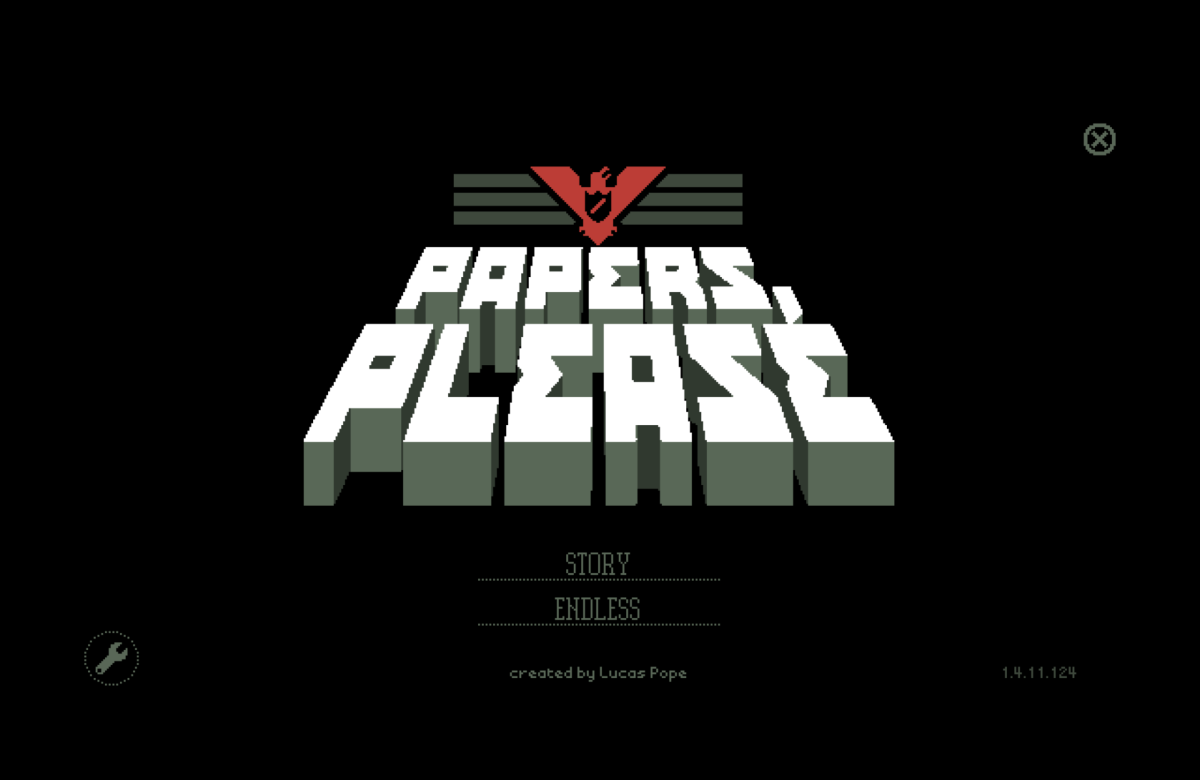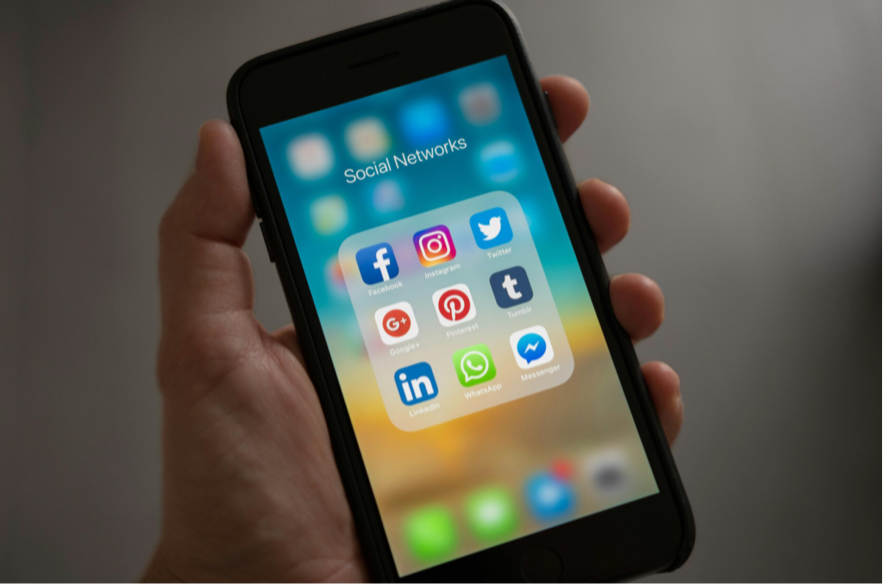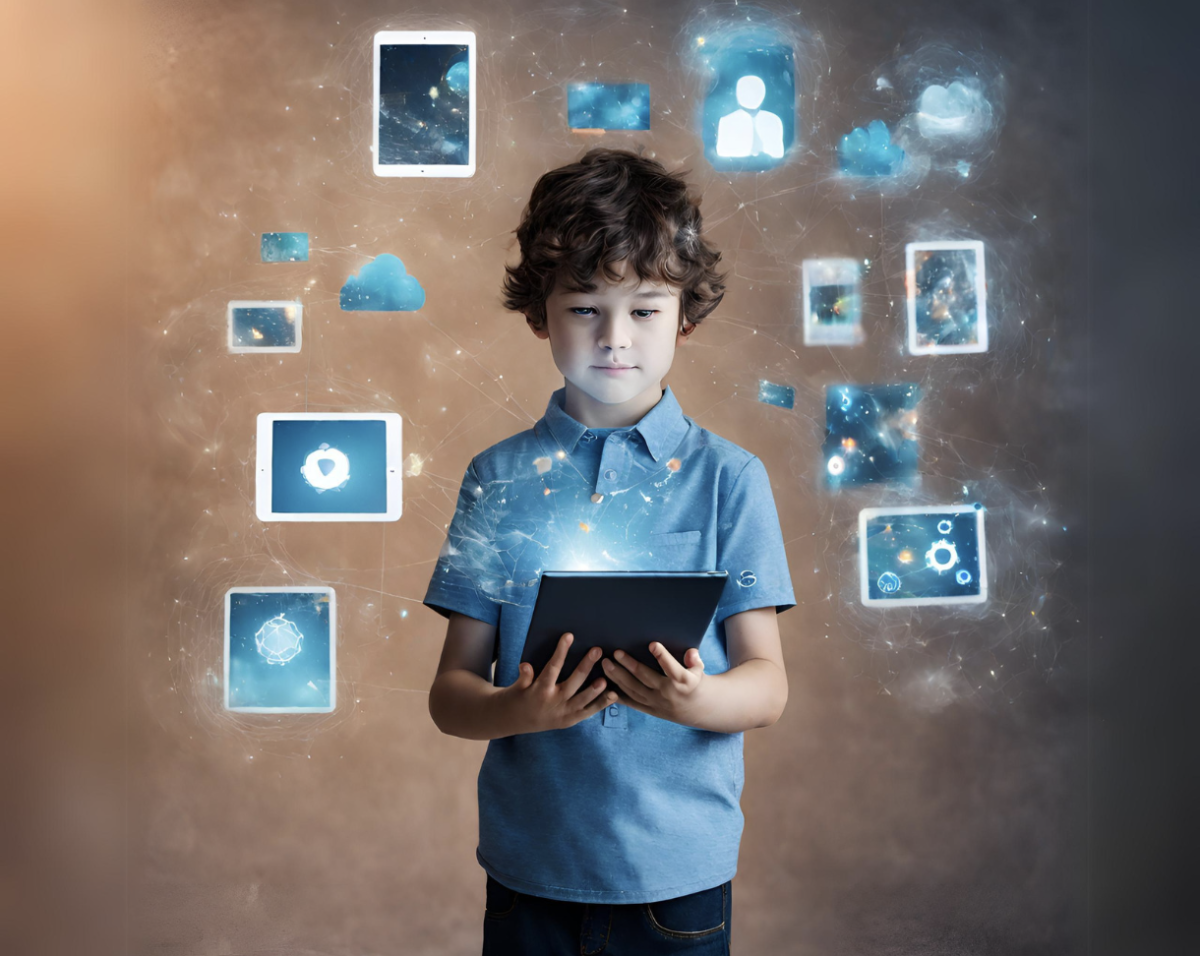The Log welcomes diverse perspectives in opinion essays and letters to the editor. Following the guidelines of The New York Times, The Log “…reserves the right to edit for space, clarity, civility, and accuracy.” The Log will not publish anonymous opinions.
***
“I quit my PhD in the field of AI. I cannot help to live with how toxic and dehumanizing AI is.”
Abdulla’s words shattered me when he called me that November night, right after he turned years of his life to ash. I didn’t think he made the right decision at first, but I soon stood on his side.
Better known as AI, Artificial Intelligence is a branch of computer science associated with the attempt to apply human intelligence to carry out tasks such as learning, modeling, problem-solving, planning, etc. In other words, anything that involves a program automating a job or an action that we typically attribute to human intelligence is considered AI.
As any kid in my generation, I grew up watching headlines of a future crowned with cutting-edge technologies. Some we’ve uncovered and others that we’re yet to discover, but all are hopeful, reliable, and promising. I never bothered to question my assumptions.
However, it turned out that Abdulla decided to move on. He said, “Companies are currently commodifying data and feeding AI into computers to manipulate the world with their evil intentions.”
“Didn’t you once tell me that it is the most powerful tool we have ever had?” I asked.
We both still believe that AI is a powerful tool. It yields benefits that are unprecedented in the history of humankind. Nobody on this planet, three thousand, three hundred or even thirty years ago, could fathom that a pocket-size device crafts a poem longer than all William Shakespeare’s poems in mere seconds. Who would think that feeding AI to a computer, would eventually turn it to a chess monster who beats human champions in chess?[1]
AI allows for a concentration of wealth and power that is unprecedented in the history of humankind. Recent research published in the International Monetary Fund Blog concluded that “new technology [including AI] risks widening the gap between rich and poor countries by shifting more investment to advanced economies where automation is already established.”[2]
Beside this inequity lies the serious threat to privacy. AI works by milking data. AI will not come to you, knock the door, and gently ask you what you had for dinner today. It never does that. Instead, it steals that information from you by asking and bothering your family, friends, neighbors and all you know and even those you don’t know. AI can generate accurate data and information about its users through its super-advanced algorithms. And now, imagine this happening with more sensitive information! Is this really a promising dream for humanity?
The future would not be better if it became overly reliant on artificial intelligence instead of human intelligence, creativity, analysis, and all the fruits of God’s unparalleled grace: the human brain.
I’m worried that one day, we will no longer need to use our brains, and unfortunately, in accordance with evolutionary anthropology, we will evolve to lose the unused. I’m most worried that we would evolve to cry instead of laugh over jokes if they were AI-generated.
I hate AI jokes, and this itself could be why I hate Artificial Intelligence.
[1] IBM. n.d. Deep Blue IBM’s computer checkmated a human chess champion in a computing tour de force. Accessed December 5, 2023. https://www.ibm.com/history/deep-blue.
[2] Alonso, Cristian, Siddharth Kothari, and Sidra Rehman. 2020. IMF Blog. December 2. Accessed December 5, 2023. https://www.imf.org/en/Blogs/Articles/2020/12/02/blog-how-artificial-intelligence-could-widen-the-gap-between-rich-and-poor-nations.

















